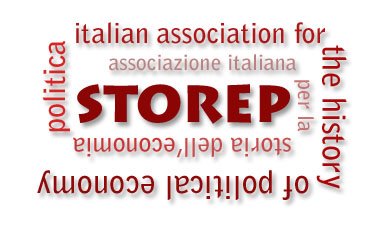MICROCAFÉ SEMINARS ON THE HISTORY AND PHILOSOPHY OF MICROECONOMICS
An Assessment of the Theory of Logical Aggregation
PHILIPPE MONGIN (HEC, Paris, and CNRS)
VENUE
Thursday, October 28, 2010, 5.00pmBocconi University, Via Röntgen 1, Fifth floor, seminar room E4-SR04
ABSTRACT
The theory of judgment aggregation, or rather logical aggregation, as we conceive of it here, generalizes the theory of social choice by having the aggregation rule bear on judgments of any kind whatever, and not barely preference judgments. It derives from Kornhauser and Sager’s doctrinal paradox and Pettit’s discursive dilemma, two problems that we restate by emphasizing their differences. After this conceptual preliminary, we follow the main technical advances of the theory, from the first impossibility theorem proved by List and Pettit to the completely general results of Dietrich and Mongin. We stress the collective achievement of the canonical theorem - by Dietrich and List, Dokow and Holzman, Nehring and Puppe - which provided the theory with a specific method of analysis: it consists in mathematically characterizing the impossibility agendas of a given aggregator - i.e., the sets of propositions such that no collective judgment function exist with a certain list of axiomatic properties. The theory is unified here by the logical treatment of the aggregative problem, for which we claim relevance, and the initial distinction of this problem into the doctrinal paradox and the discursive dilemma, which we elaborate upon technically.
SPEAKER
Philippe Mongin is Professor of Economics and Philosophy at the HEC School of Management, Paris, and Senior Research Fellow at the Centre National de la Recherche Scientifique (CNRS)
INFORMATION
If you have any enquiries, please contact the seminar organisers: Francesco Guala (francesco.guala@unimi.it) or Ivan Moscati (ivan.moscati@unibocconi.it)
Argomenti
bandi
(52)
benvenuto
(1)
blog e forum
(24)
convegni
(285)
novità editoriali
(74)
premi
(3)
riviste
(163)
seminari
(59)
Storep attività
(80)
summerschool
(14)
